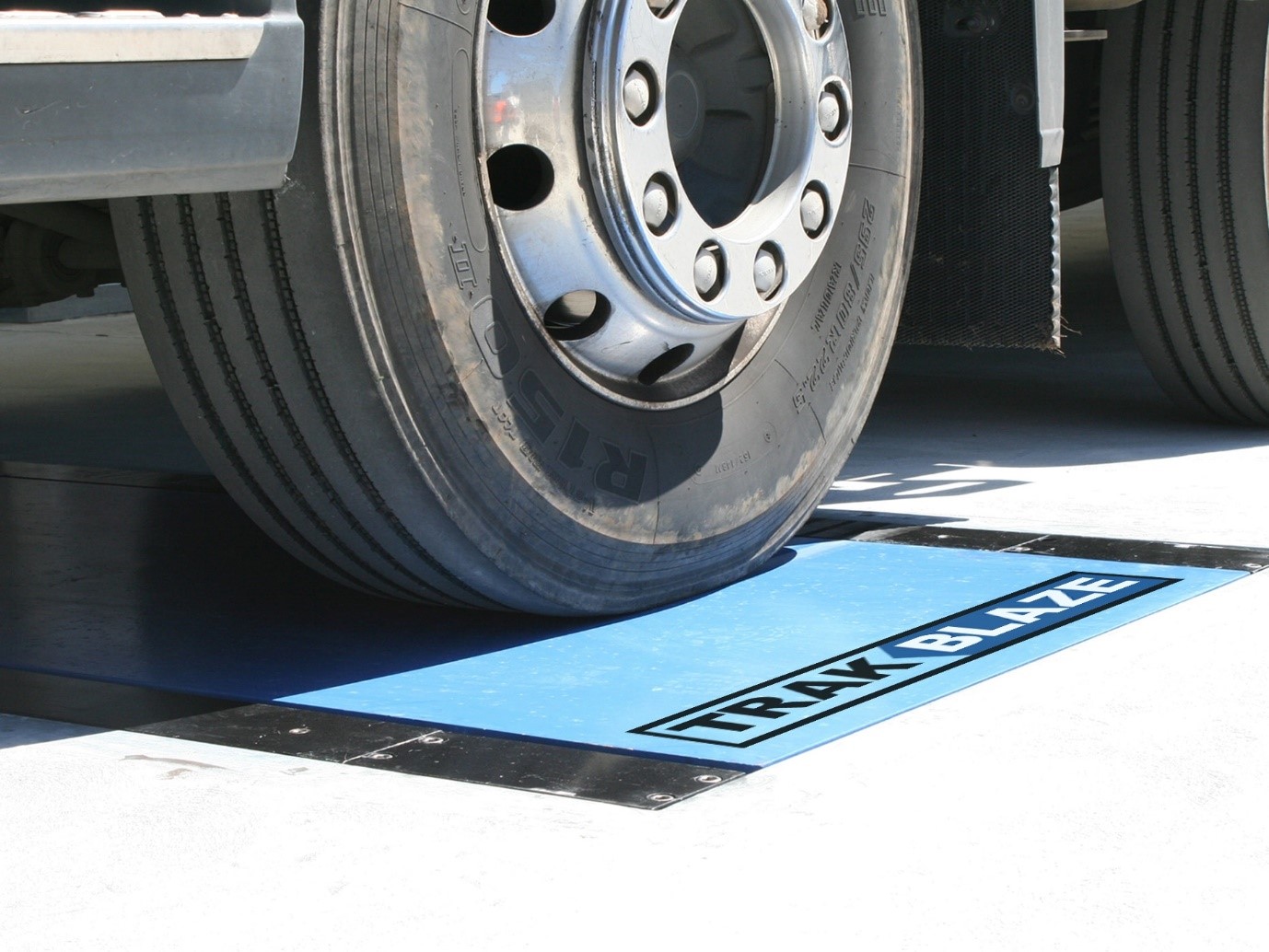How The Minerals Council Of Australia Proposes To Lead Our Mining Industry Into Post COVID-19 Recovery

The mining industry has continued to support the Australian economy and regional jobs during the COVID-19 pandemic by keeping its workforce, families and communities safe and healthy.
The pandemic started to impact Australians on the 25th of January when the first case was identified. This did trigger a closure of a large amount of non-essential businesses, however Australia’s state, territory and national resources ministers agreed that mining was to be positioned on the list of essential sectors, allowing it to continue operating. Even mining giant Rio Tinto took the decision to slow down its operation in multiple countries, however due to the essential nature of industry, operations in Australia have mostly remained uninterrupted.
Timeline: how #Australian #mining reacted during Covid-19https://t.co/y5YVGhJd2x pic.twitter.com/iWt1AXNhOX
— MINE Magazine (@MINE_Magazine) July 3, 2020
Despite the overall remoteness of mining sites, mining operations were still challenged to rethink their operational strategies to ensure that the best safety precautions were implemented in response to Covid-19. This made way for many suppliers of mining equipment technology to see an increase in demand for automation technology and remote operations capabilities, such as Volumetric Scanners and Truck Scales.
In May, months after the pandemic began to impact our lives, the Minerals Council of Australia called for the federal government to consider measures that would support the recovery of the mining sector, once the pandemic is over.
Following this request the council issued a recovery document which proposed mining reforms to really push the economic strength of our mining sector.
As the post-COVID era dawns on multiple states within Australian the government has the unique opportunity to implement pragmatic and targeted reforms so the minerals industry can play a big role in underpinning a sustainable and enduring recovery.
The industry is currently able to and will hopefully in the future, continue to maintain its substantial economic and social contribution to our country, alongside strong support from the government. The resources sector has a strong track record in creating highly paid, highly skilled jobs – mostly in regional areas where it is always welcomed. So, it should be a priority to keep the sector strong and contributing to regional communities who need it the most, especially during a recession.
The mining industries ability to keep operating through the Covid-19 crisis has positioned it strongly to take advantage of global recovery and the ongoing resource demands of developing economies.
The policy and regulatory improvements outlined by the Minerals Council will therefore help to ensure that the industry will both maximise its contribution to Australian economic recovery and remain the world’s leading exporter of mineral and metals in the long term.
The council outlined five main recommendations in their document ‘Immediate Reform Priorities to Accelerate Economic Recovery’:
- Enhancing and adapting the skills of the future mineral’s workforce
- Encouraging investment in new and expanded minerals projects
- Reducing project delays while retaining environmental protections
- Maximising gains from partnerships with Indigenous Australians
- Promoting exploration and minerals development
The proposed mining reforms includes lower taxes, faster project approvals, modern skills and flexible workplaces. They believe the current tax rate of 30% is too high and not internationally competitive and that speeding up environmental assessment and approvals could make a difference and help our industry in terms of new explorations and growth.
“The post-COVID recovery provides a great opportunity using the national cabinet model to supercharge economic recovery through sensible policy reform”: MCA Chair @helencoonan via @Chambersgc @australian https://t.co/OOidcw2GbB
— MineralsCouncilAust (@MineralsCouncil) April 27, 2020
The recommendations proposed by the Minerals Council of Australia to our governments are to ensure that the recovery of one of Australia’s strongest and most lucrative industries is supported by not just state but federal governments.
We hope that the recommendations are considered and if not all, at least some are put into place by the state and federal governments to not just safeguard a crucial industry but excel it’s potential to assist our economy in rebuilding in the post Covid-19 era.











